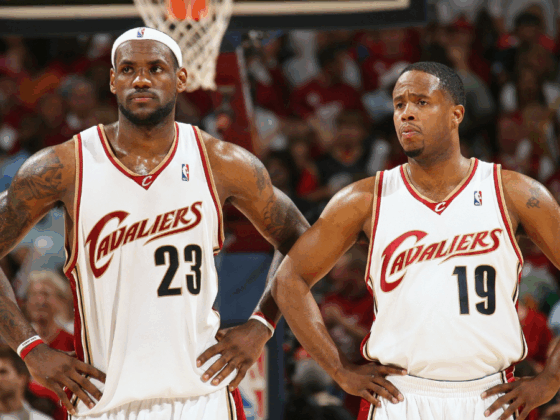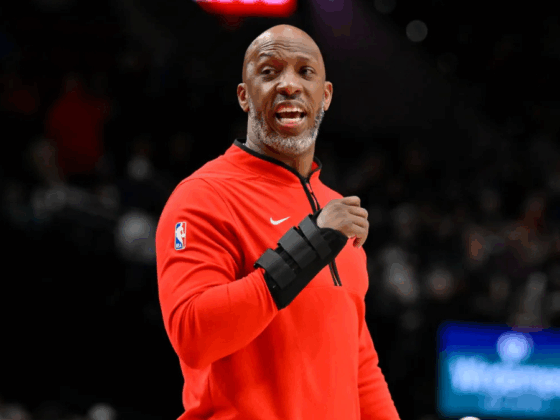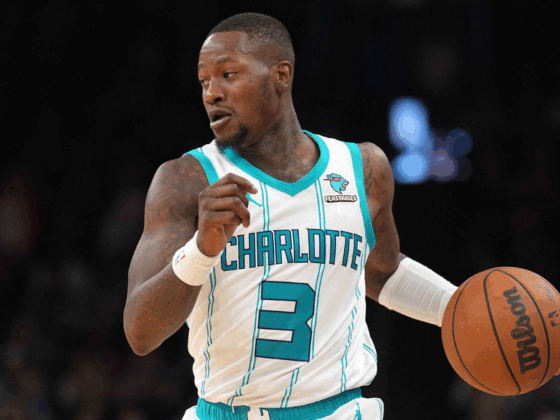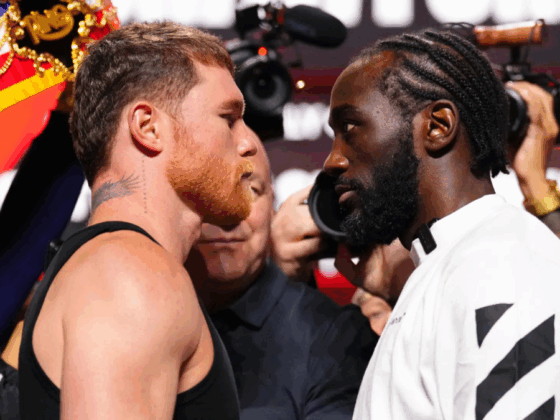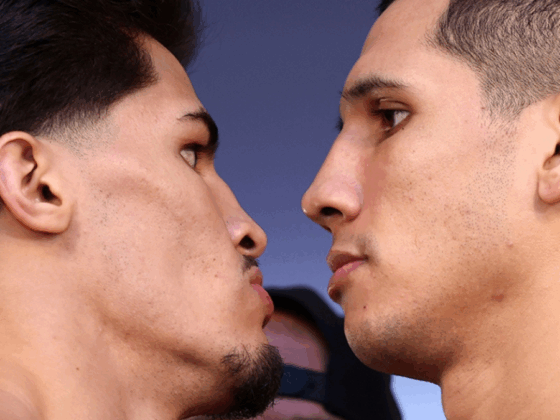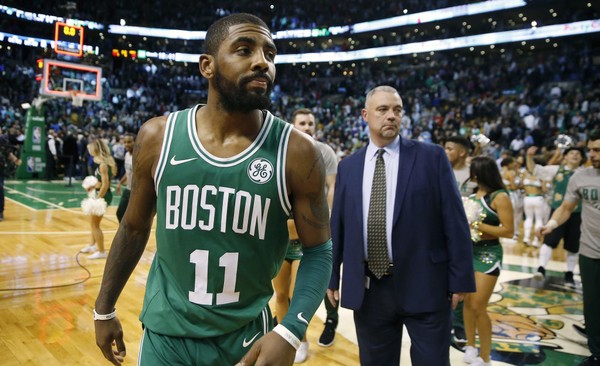
Another set of NBA Power Rankings is here after this week’s revelry. A few times that shot off to exceptional starts have found that regression to the mean is settling in a bit, but there’s more that needs to be uncovered. Last fortnight’s rankings are right here.
Frame of Reference for NBA Power Rankings
Once again: I’ve created two models — one that predicts team win percentage given a variety of statistics that I tested in a random forest model and another that’s based on hierarchical clustering. It isn’t a matter of who beat whom.
I should also stress that wins and losses that greatly affect a team’s net rating manifest in the final product. Therefore, if a team loses by 40, as the Magic did to the Jazz on 11/17, then their ranking could suffer & the opponent’s rating could flourish above expectation.
As a reminder, here’s a snapshot of the final result for 2016-17: 
Here are the results after the fifth week of NBA action, some of which will be striking– but given how lopsided wins’/losses’ impacts are diluted as the sample size grows, we should expect true contenders to emerge near the top of this ranking system by midseason.
NBA Power Rankings Notes:
- Portland continues to play quite well defensively & this has reflected in their current ranking. Time will tell if their opponent 3P% will worsen & if Nurkic is actually the defensive presence that C.J. McCollum & Damian Lillard need to raise their defensive floor and win potential.
- Oklahoma City is still quite high because they have showcased competence before the last few minutes of the game. They test well but have trouble producing offense late in games because of their inability to find high-quality shots (which isn’t an enormous surprise for personnel reasons); Westbrook’s TS% is at a near career low in 49.1%, and if this doesn’t resurface to an average level, then OKC likely won’t be up here for long.
- Minnesota has been sitting with a poor net rating, relative to their win percentage. Their recent loss to the distracting Detroit Pistons haven’t helped their cause, so they remain mid-table for now.
- Cleveland has begun to string together a few wins in a row against mediocre teams but because their defensive ability has been wildly inconsistent, they still sit quite low at 19th.
- Orlando and LA Clippers have regressed mightily– one team due to injuries, the other due to regression in unsustainable jump-shooting. Each team has fallen 10 spots or more since 11/6 & is projected to win about 38-39 games at this point.
Why is Boston so low? They’re on a 15 game winning streak after all, right? — Of course, however, given how mediocre their shooting has been (TS% is just .538 through 17 games), it’s a bit puzzling as to how they’ve been able to stave off so many opponents consecutively. A brilliantly efficient second half against the Hawks from Kyrie Irving will strength their offensive profile, but it would behoove them to have a more dependable offensive attack. It’s possible that their own offensive players could see regression in offensive proficiency as well; brilliant rookie Jayson Tatum has been shooting 47.9 percent from downtown & Jaylen Brown is shooting near forty percent as well, despite how poorly his jumper’s form translates to the FT% line. My random forest model thinks pretty highly of the Celtics & considers Boston equivalent to a 56 win team right now. Contrastly, the hclust model expects their win pace to dip (but that may be because there really haven’t been teams over the past 16 years that have defended so well & executed just well enough in the clutch to win like this, making it difficult to categorize them). Simply put, teams without dominant net ratings aren’t commonly 65+ win clubs. This is still a very good team with an elite coach which might present the value that an All-Star caliber player might possess.

